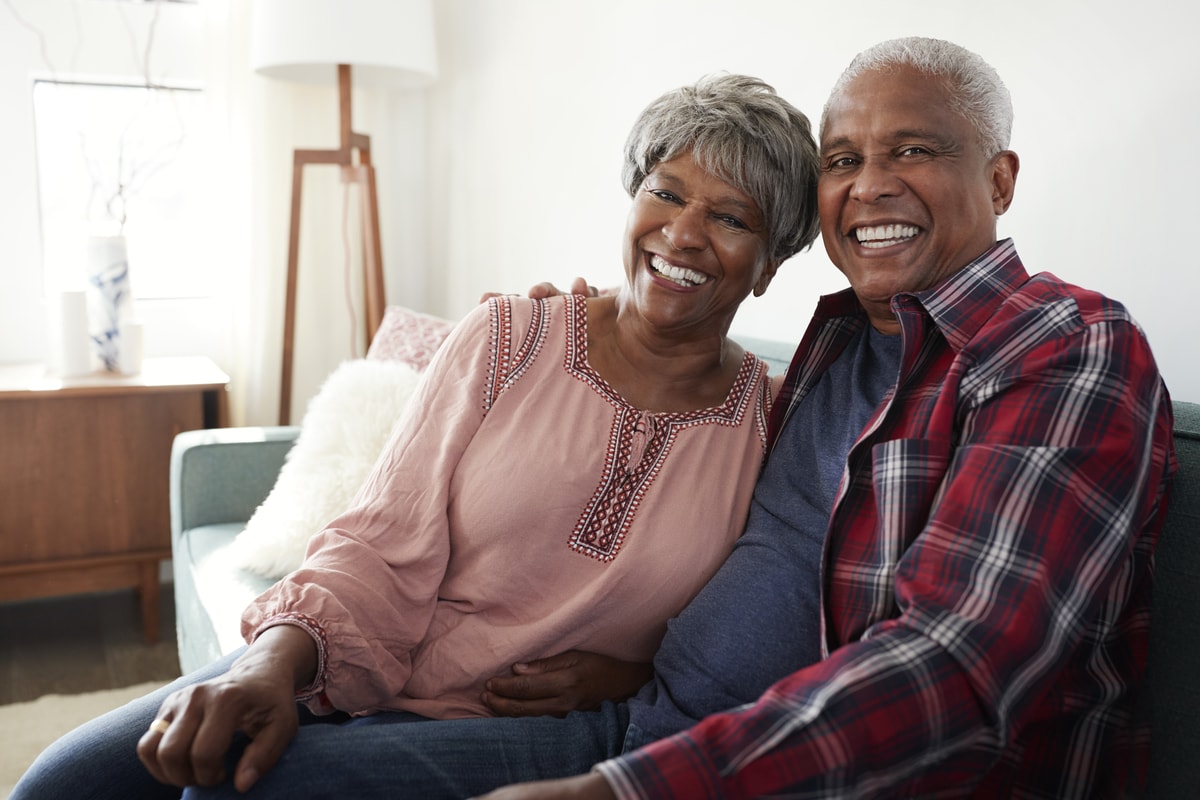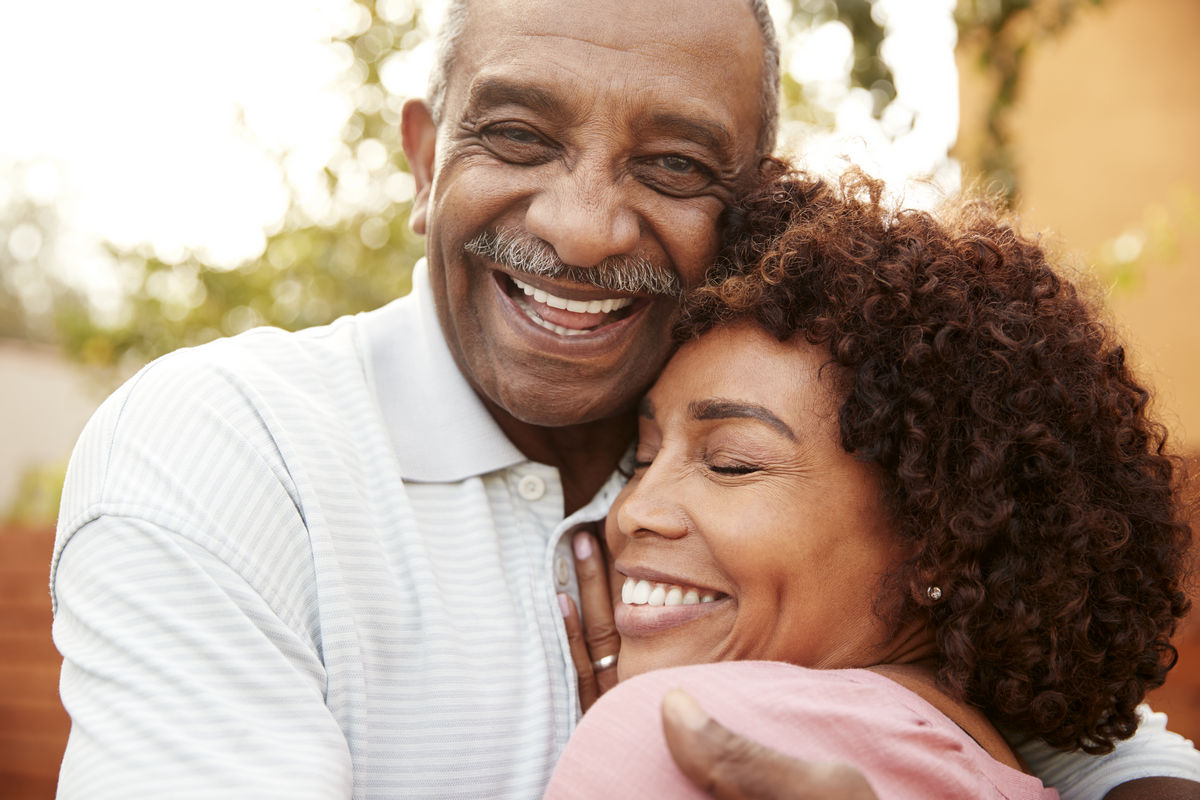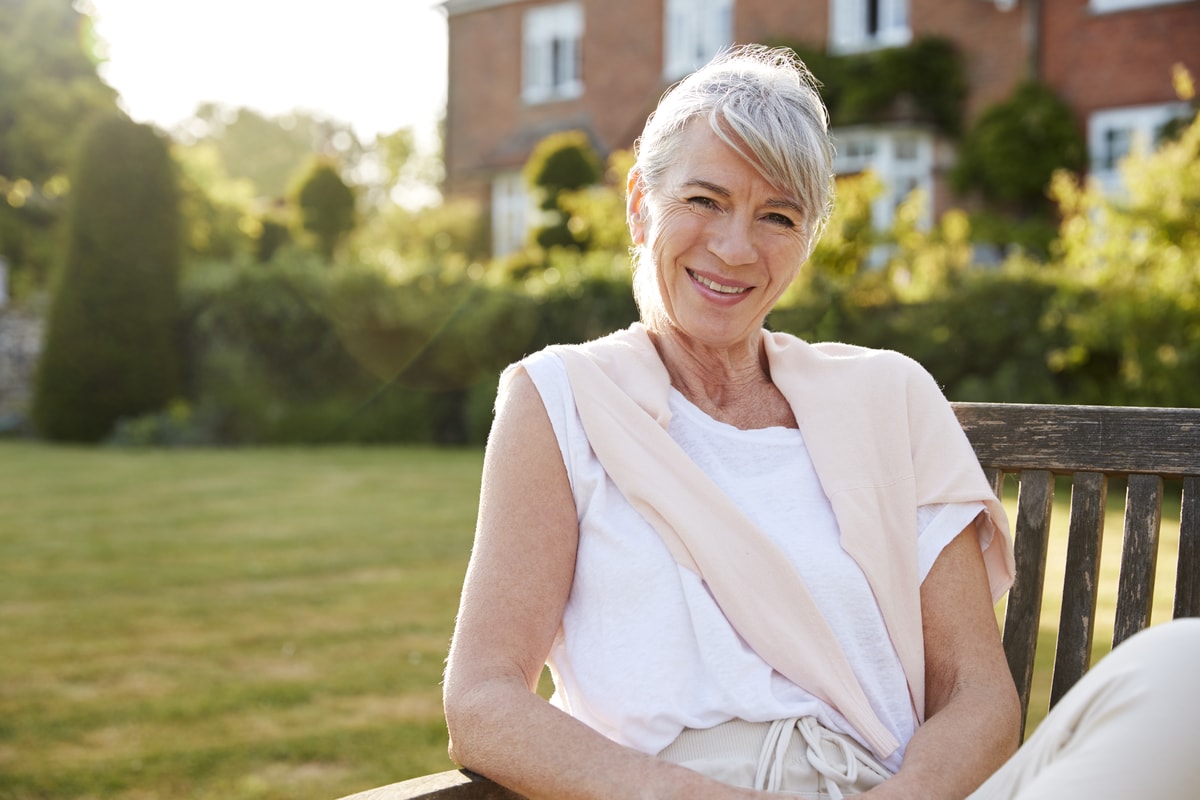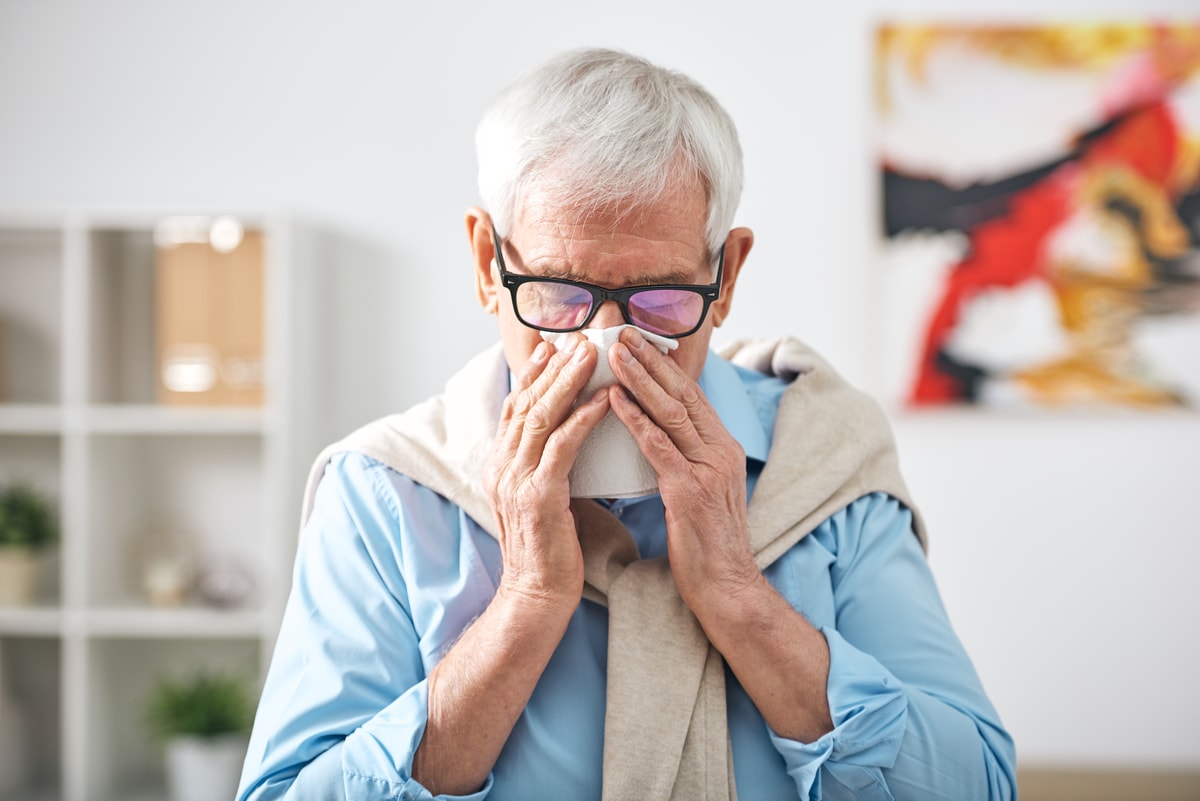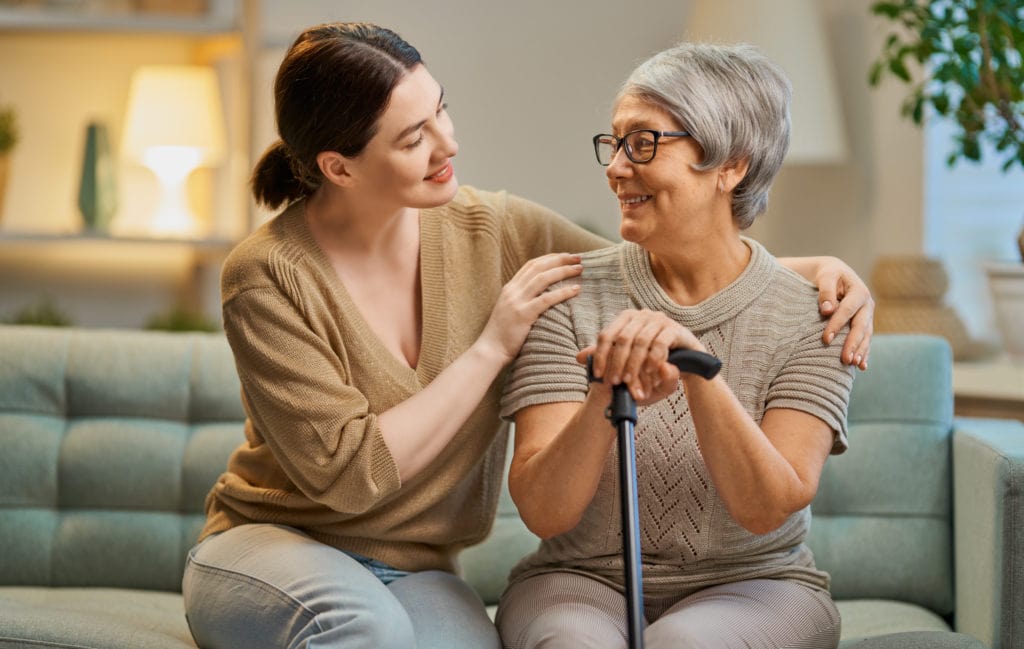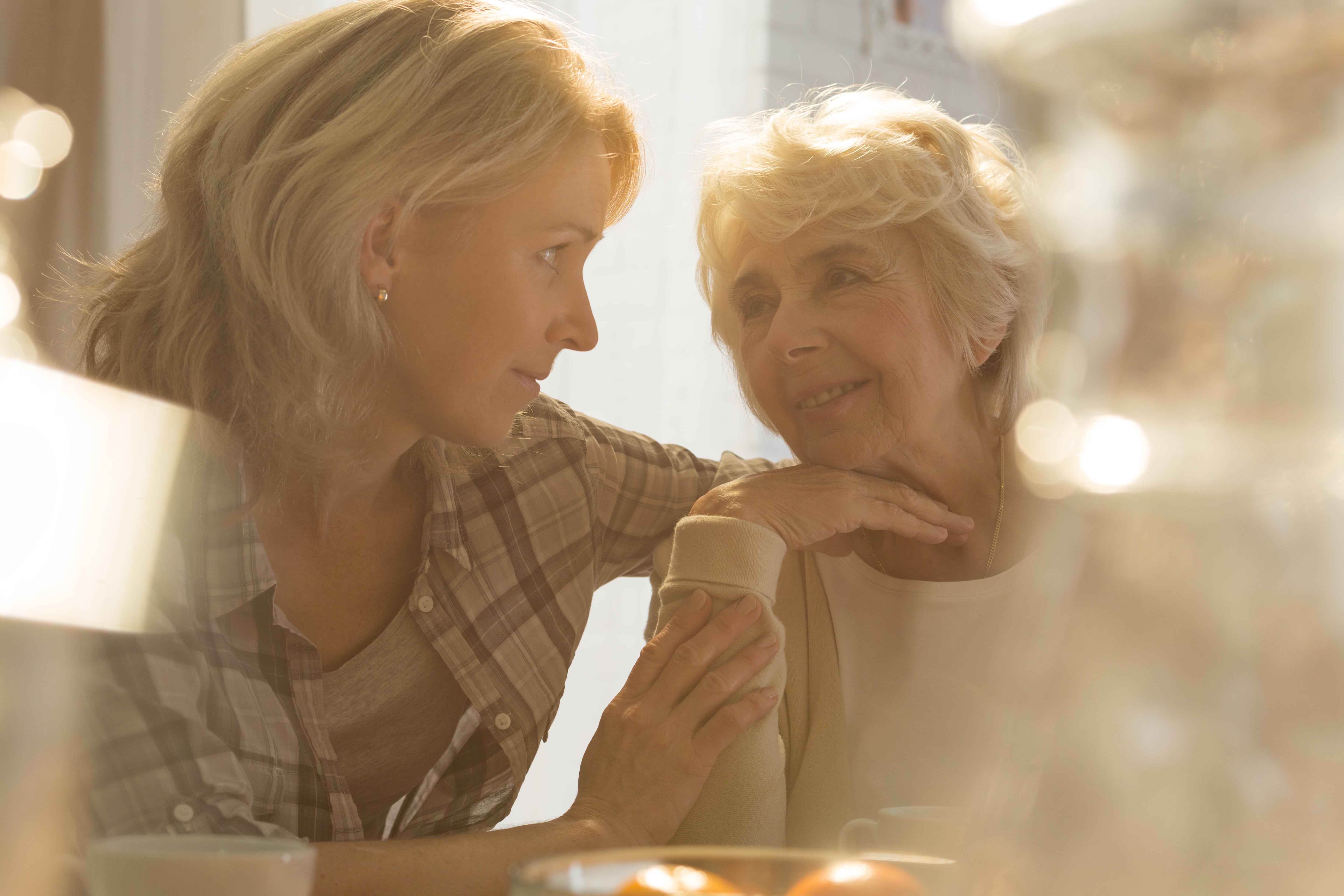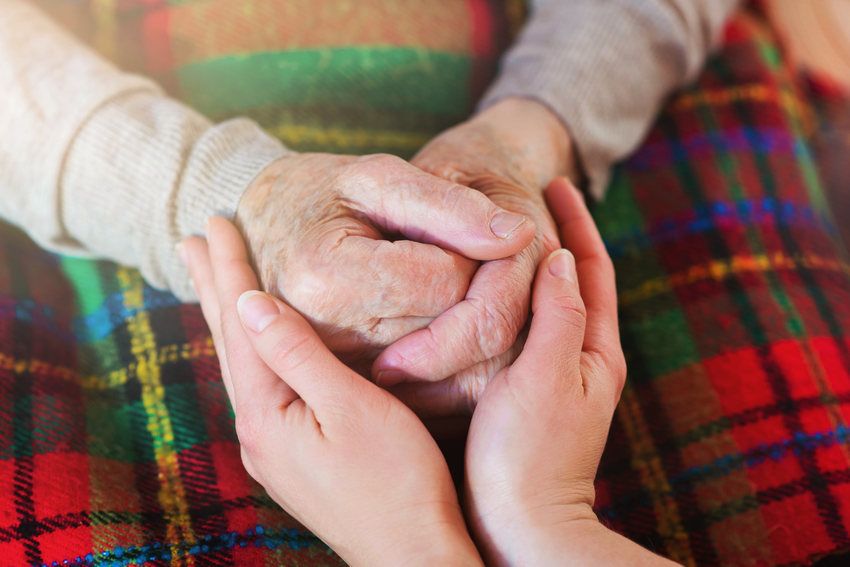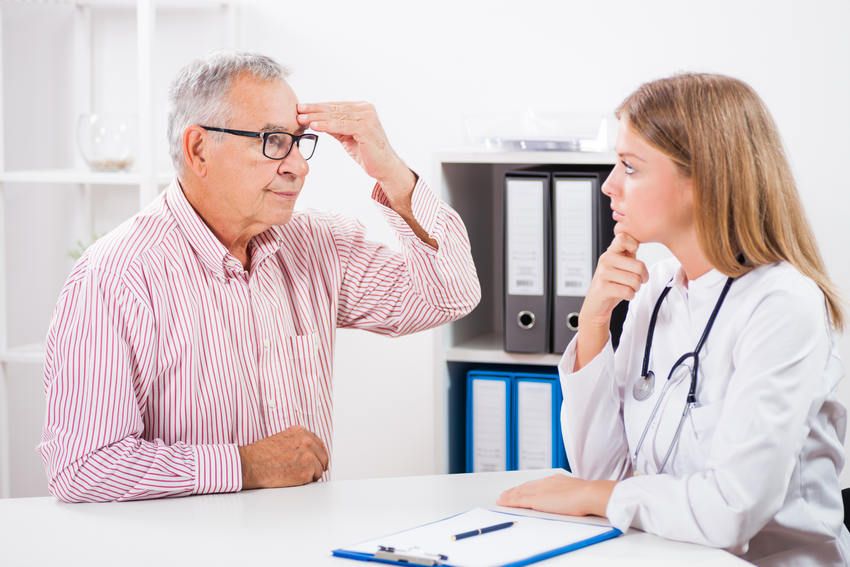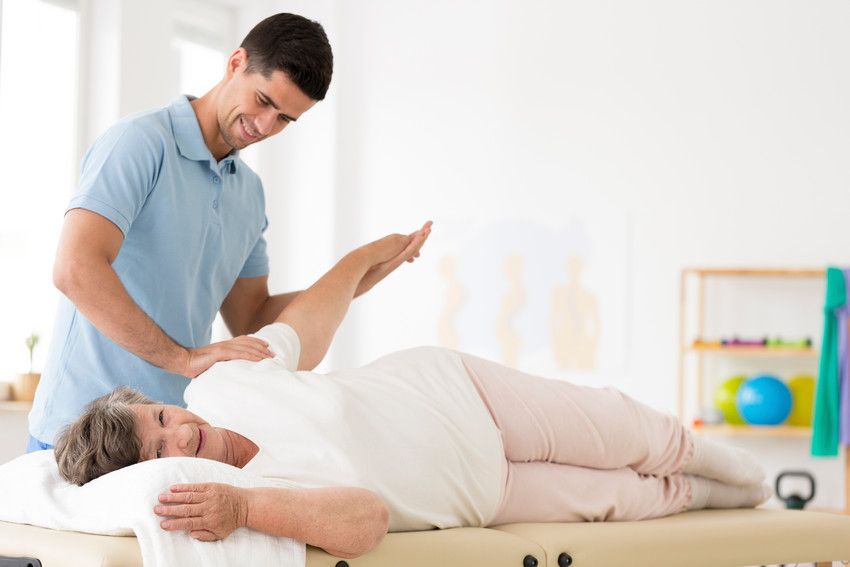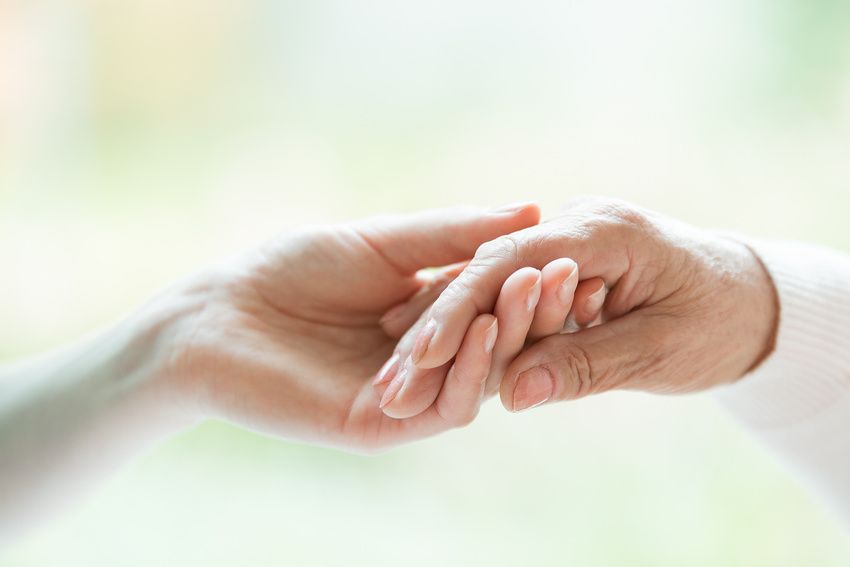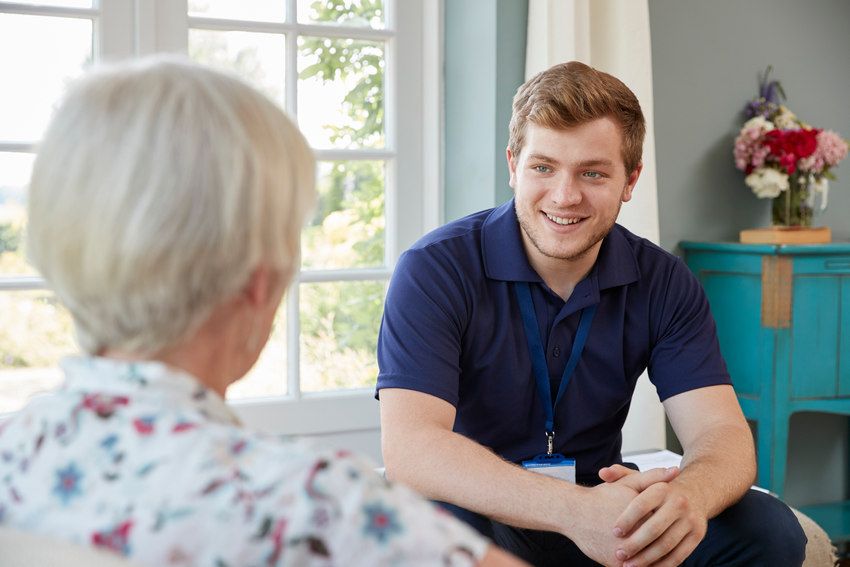While the world is on a temporary pause, the seasons wait for no one.
Don’t let the summer slip by without enjoying your favorite summer activities.
We’ve gathered some of the most common activities for seniors and listed the health risks, safety precautions, and alternatives for each.
In deciding which activities to do and how, the key is to analyze how each might affect you or your senior, personally. There is no one size fits all when it comes to safety and health, and so it’s important to use cautionary judgment.
Backyard BBQ
Health risk: Eating in your own backyard holds very little risk. However, inviting other families to join, raises the threat level to medium.
Safety precautions: Limit the number of families you invite to just one. And, choose wisely. A family whose members are essential workers will be more likely to carry the virus than a family whose members haven’t left their home in a month.
Alternative: Video calls are always a safer option than in-person activities. Every family can party from their own backyard, together. Or, make it a neighborly event and party from across the fence.
Summer Soirée
Health risk: Whether it’s a party for a wedding, birthday, graduation, or retirement- parties are a high-risk activity right now.
Safety precautions: If you absolutely must attend a party (although it is highly recommended not to), be sure to wear a face mask, gloves, and keep your distance from the other party-goers. Try not to touch anything unnecessarily, and bring some hand sanitizer just in case.
Alternative: A car parade! If you’re planning to attend a party, the better option is to drive by the party and stay in your car. You can wave or hold up a sign, and the hosts will be just as happy with your attendance as if you had actually come inside. If you’re the one hosting, stand six feet back from the street, and wave to your friends and family as they slowly drive by. You’ll be surprised how creative people can get from within their cars.
Dining Out
Health risk: Eating out at a restaurant is a medium to high risk. Dining at an indoor restaurant is a huge risk as it puts you in close proximity to other guests, with little air circulation. Dining at an outdoor restaurant is slightly less risky. However, the activity still puts you in contact with a server and possibly other staff.
Safety precautions: Bring sanitizing wipes and wipe down the menu before perusing. Wash your hands or use hand sanitizer before eating.
Alternatives: Set the table nicely, dim the lights, add a bit of background music, and order takeout. The food will be just as delicious, but with less of a risk.
Stroll in the park
Health risk: Walking in a park or nature reserve is a low to medium risk. There will always be others walking around nearby, which puts you in danger. However, being in a large open space lowers the risk.
Safety precautions: Wear a mask, and avoid going on busy days like national holidays. If someone is nearing you, step off to the side with your head turned away, and wait. When the individual has passed and is six feet away, continue on your stroll.
Alternative: If you’re going to the park for exercise, an alternative activity is walking around your yard. Set a timer, and walk the perimeter of your front and back yard for as long as you want. It’s not as exciting, but it will get the job done. Plus, you might even find some small flowers or quiet birds in your yard that you never even noticed before.

